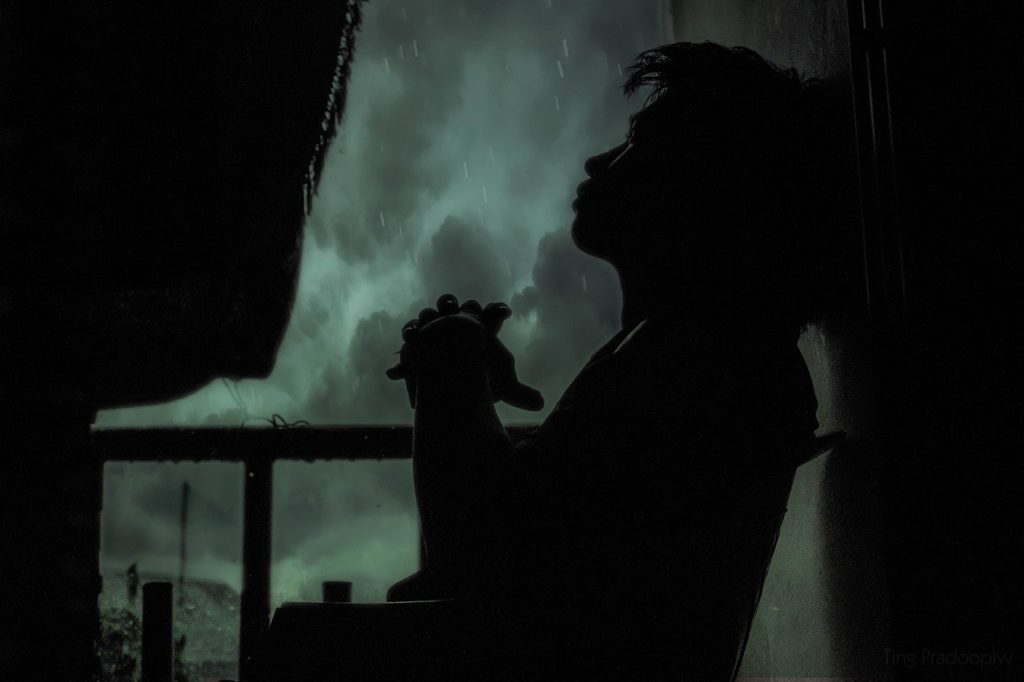
@johnvinod | April 1, 2021
Our reading today is Mark 14: 32-42. After spending a significant time with his disciples, eating the Passover meal, teaching, and demonstrating by his actions what it means to follow him, Jesus leaves for the Mount of Olives. He leaves the familiarity, comfort, and warmth of the upper room behind him and walks into the specters of a dark, uncertain, fateful night where he will fight his last battle in Gethsemane. In doing so he once again symbolized what he had done initially: “who, though he was in the form of God, did not regard equality with God as something to be exploited, but emptied himself, taking the form of a slave, being born in human likeness. And being found in human form, he humbled himself and became obedient to the point of death—even death on a cross” (Philippians 2: 6-8).
Jesus wrestled alone in Gethsemane. These are some of the words the gospels writers use attempting to describe Jesus’ inner struggle that night:
“distressed and agitated”
“grieved and agitated”
“greatly distressed and troubled”
“deeply distressed and horrified”
“sore amazed, and to be very heavy”
“deeply grieved, even to death”
“very sorrowful, even to death”
“overwhelmed with sorrow to the point of death”
“exceedingly sorrowful, even to death”
These terms do not even begin to express what Jesus endured that night, as he was filled with distress and horror and felt very heavy with the burden that he had to carry all alone. There is actually more involved here than we would ever come to know, because of the limitations of our language in expressing the experience of our Saviour.
Jesus got up several times from the cold, grassy ground and looked for his disciples to share his agony. However, when he much needed their companionship, comfort, and prayers, the disciples were found sleeping. So, he went back again to wrestling alone with his “Abba Father” (Mark 14: 36) being anguished from what was to unfold in the next few hours. Receiving no answer from God for his request, Jesus prayed saying, “Yet not what I will, but what you will” (Mark 14: 36). In this, Jesus taught us the difference between a request and a prayer. Being fully human, Jesus’ request was: “Abba, Father, all things are possible for you. Remove this cup from me.” But his prayer was: “Yet not what I will, but what you will” (Mark 14: 36 ESV).
Do you recall a time when you thought you were going to fail a test or succumb to a temptation? Are you in a situation where you think you are shrinking from your faith and wish to give up everything and walk away from God? Well, you are not alone. Jesus endured what you may be facing now and more. Jesus Christ was never more human than in Gethsemane. However, that was not the end of his story.
Your current experience does not mean you are too weak to overcome. Your temptations and even your failures do not mean there is anything wrong with you. Your Gethsemane does not define you as it did not define our Lord Jesus Christ. Keep walking in the faith, following, trusting, and surrendering to his will. Amen.

Leave a Comment
